Identity-based politics good for democracy: Pranab Mukherjee
Mon 24 Feb 2020, 16:26:27

Former president Pranab Mukherjee on Sunday said democracy and republicanism were two values people must strive to protect and cherish, and termed identity politics a positive development in relation to the deepening of democratic ethos.
He was delivering valedictory address at the 10th edition of the Bharatiya Chhatra Sansad here.
"Democracy in India gave rise to identity-based politics. Purely from the lens of deepening democracy, I see this as a positive development because it leads to wider representation. However, an electorate divided on caste and community lines throws up a polarised mandate," Mukherjee said.
Lauding the strength of Indian democracy, the former president said it had only deepened with time and added that good governance was critically dependent on prerequisites like inviolable adherence to rule of law, existence of participatory decision-making structure, responsiveness, transparency, accountability, corruption-free society, equity and inclusiveness.
"We have entered the 71st year of our Republic. Democracy and republicanism are two values which we must not only strive to protect, but also cherish, celebrate and treasure. Democracy is the rule of, for and by the people and the Republic signifies the rule of law," he said.
Citing instances to stress the maturity of Indian democracy, Mukherjee said the foremost achievement of the first general election lay in the fact that it cemented the
painstakingly brought about unification of India.
painstakingly brought about unification of India.
"Despite the complex arrangement of categorisation under parts A, B, C and D of the Provinces, States, Territory and areas, the entire geographical territory of India voted as a singular electorate, electing for themselves a single Union Parliament.
"Of course, by the time the second general elections happened, the complex categorisation had been done away with, since there were just states and UTs in existence," Mukherjee said.
He described the participation of the Communist Party of India in the Constituent Assembly elections even though they were peripherally opposed to it as a marker of the strength of Indian democracy.
He said the third victory of Indian democratic principles was the successful suppression of the radical and violent rebellion in Naxalbari through the ballot paper.
"Indian democracy and its inherent power of assimilation have successfully thwarted insurgency and separate movements, and elections have successfully co-opted varied groups into the electoral mainstream.
"The various accords -- Punjab Accord, the Shillong Accord, the Mizo Accord, the Assam Accord and the recent Agreement on Bru- Reang and Bodo people -- are examples of the same," the former president added.
Mukherjee, while addressing the youth, noted that India's tryst with democracy was a story which needs to be told time and again.
No Comments For This Post, Be first to write a Comment.
Most viewed from National
Most viewed from World
AIMIM News
Delhi Assembly polls: Owaisi leads Padyatra in Okhla
Feb 01, 2025
We reject this Waqf Amendment Bill: Asaduddin Owaisi
Jan 30, 2025
Latest Urdu News
Most Viewed
May 26, 2020
Which team will win the ICC Men's Champions Trophy 2025 held in Pakistan/Dubai?
Latest Videos View All
Like Us
Home
About Us
Advertise With Us
All Polls
Epaper Archives
Privacy Policy
Contact Us
Download Etemaad App
© 2025 Etemaad Daily News, All Rights Reserved.


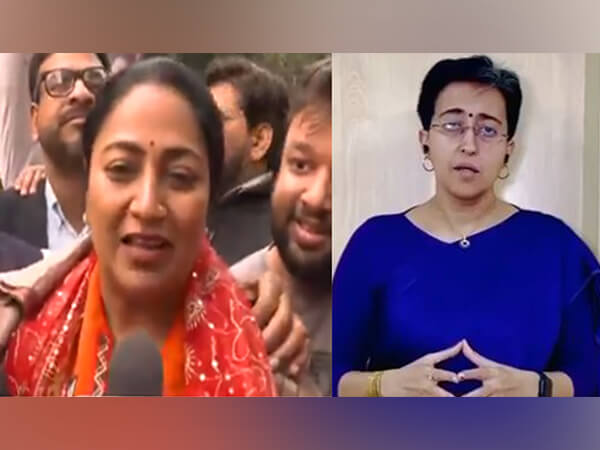
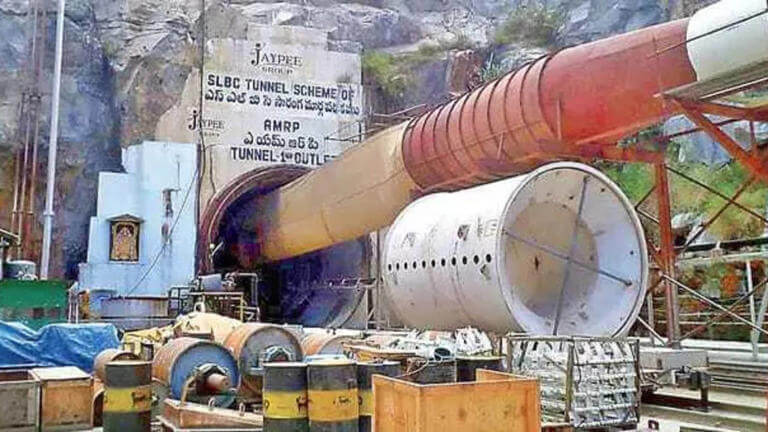

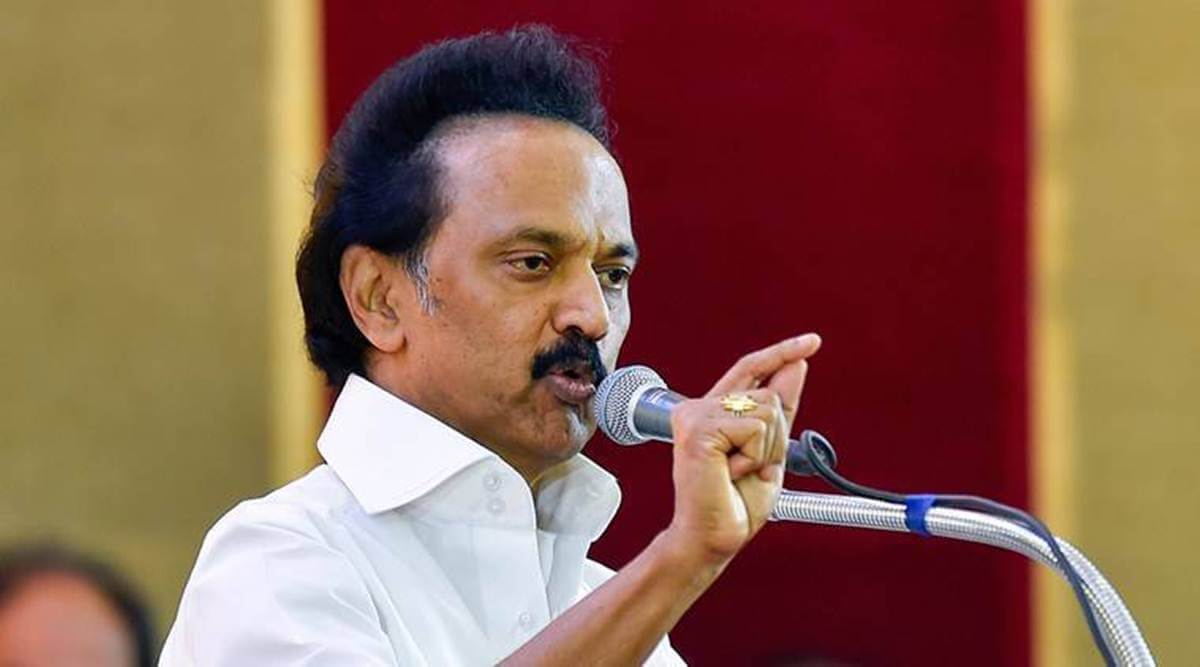

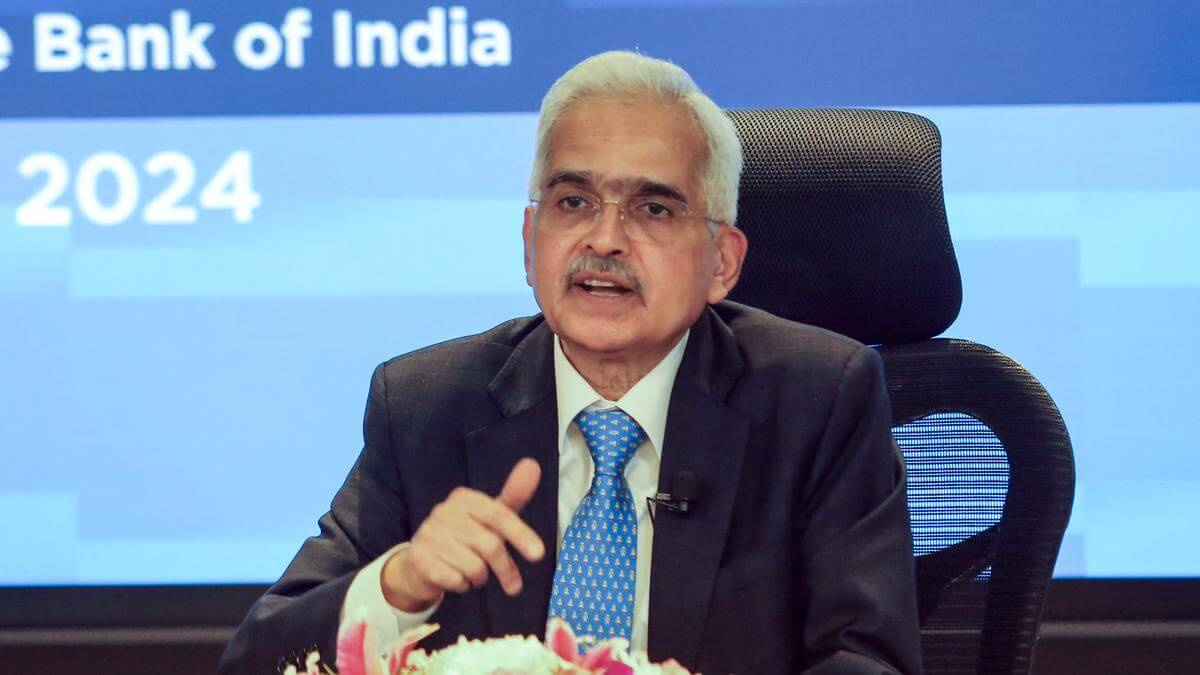
.jpg)
.jpg)
.jpg)
.jpg)
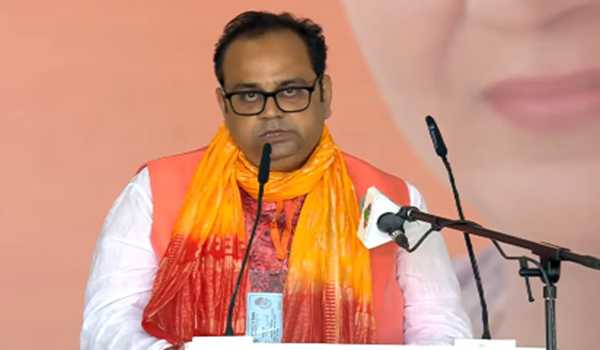

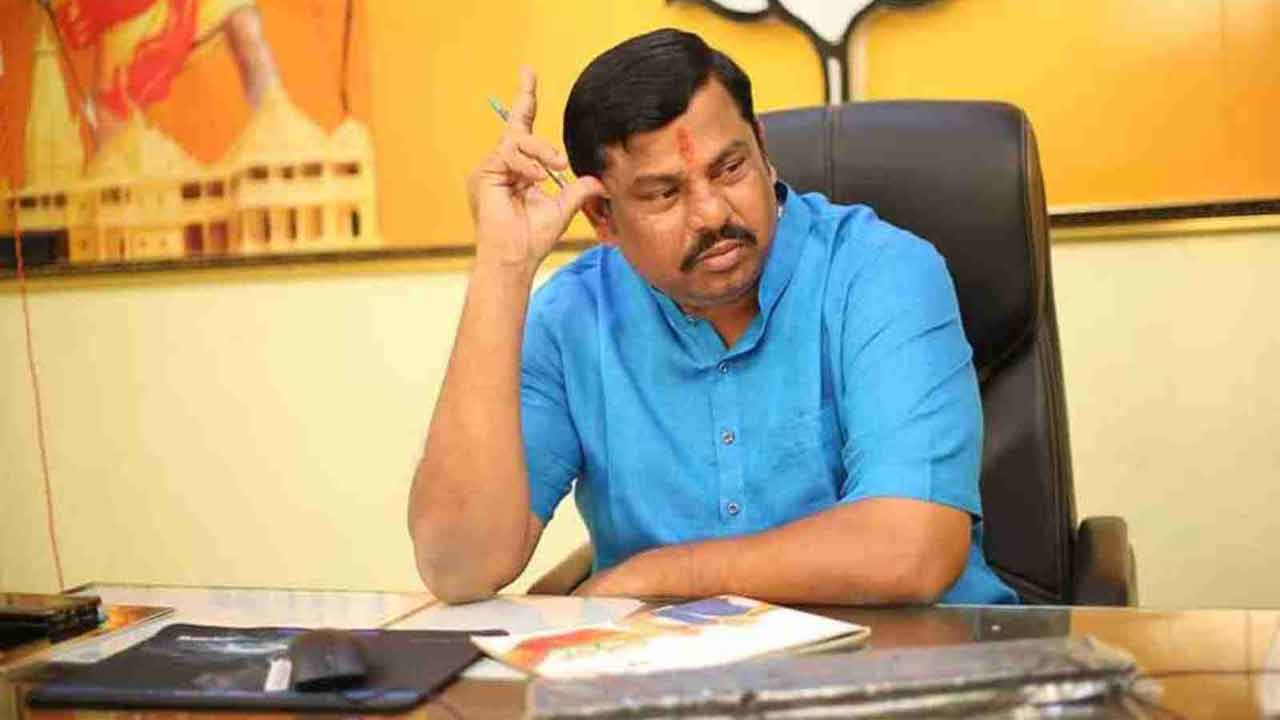

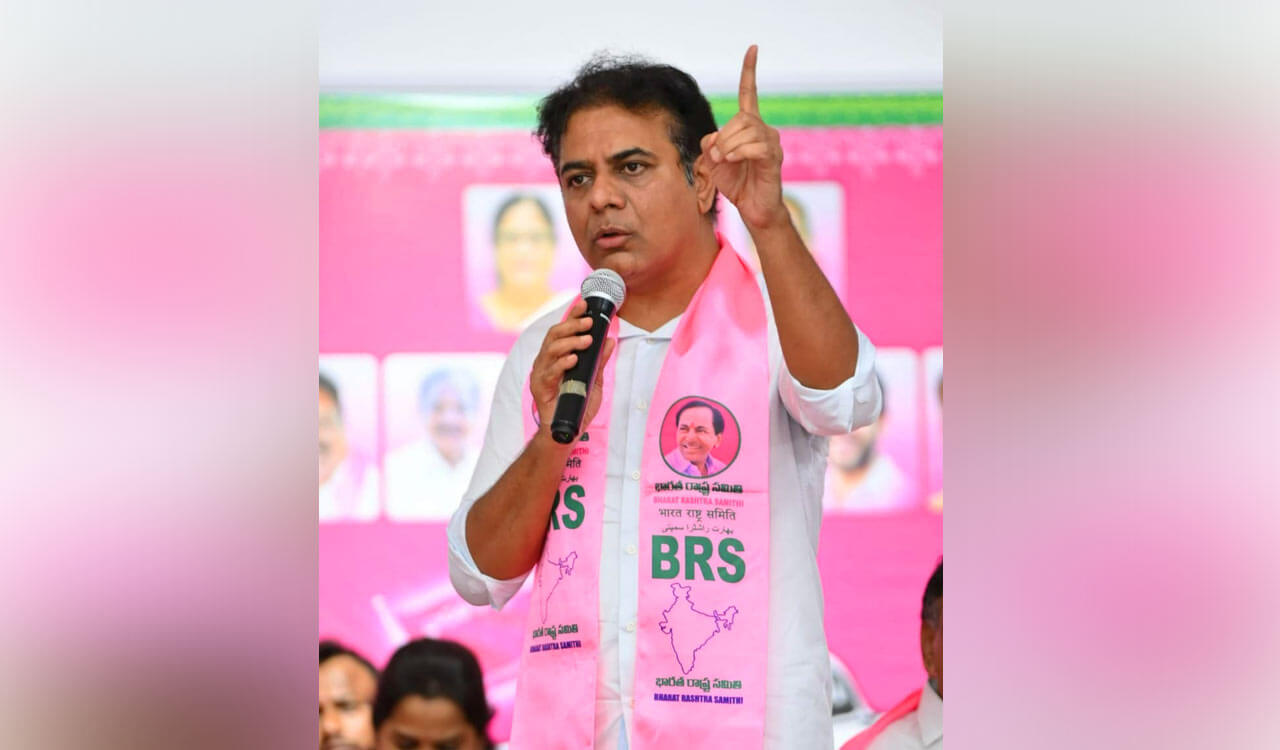
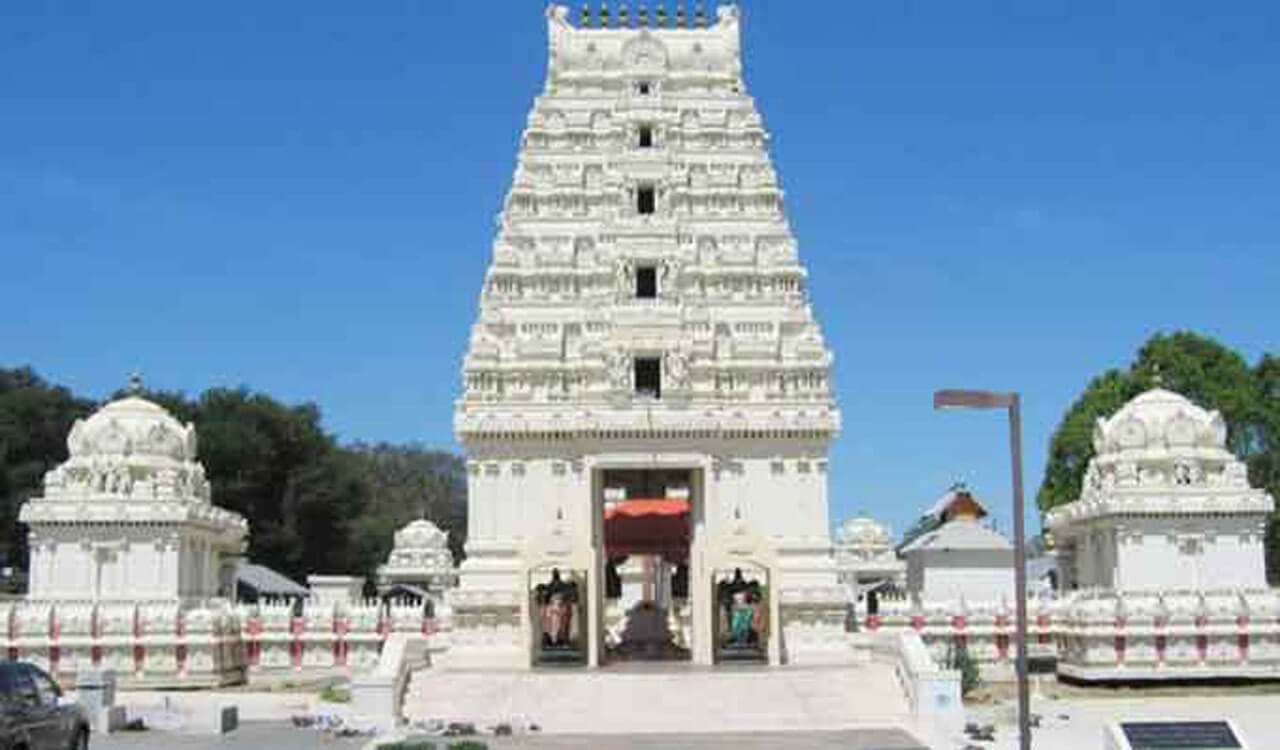

.jpg)
.jpg)
.jpg)
.jpg)



















